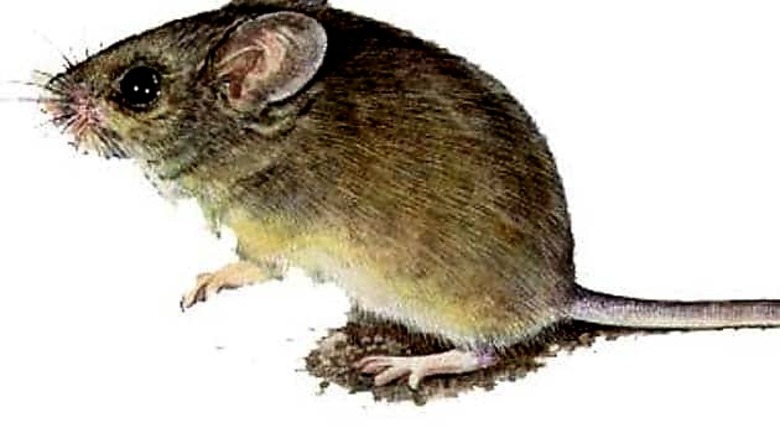
views
Washington: Rats can reason and have the ability to link cause and effect such that they can expect, or imagine, something happening even if it is not, according to a new study. "What sets humans apart from the rest of the animal kingdom is our prodigious ability to reason. But what about human reasoning is truly a human-unique feature and what aspects are shared with our nonhuman relatives?," asked Aaron Blaisdell of the University of California, Los Angeles.
Blaisdell's research draws from long-understood ideas from Pavlov and others that when a rat (or dog or pigeon) observes one event followed by another, such as a tone followed by food, it forms an association between the events. After the association is formed, whenever the rat hears the tone, it expects food to follow.
Blaisdell's work goes further, showing that rats reason. "What I have shown in my research is that rats not only acquire these types of Pavlovian associations between two events, but that they can form a causal link between them as well," Blaisdell said.
The rat appears to believe that the tone causes the food, he said. Blaisdell and colleagues have tested the extent of these causal beliefs in a range of conditions. For example, if a rat learns that a light is a common cause of both tone and food, then when the rat hears the tone, it makes the prediction that the light must have occurred.
"And if the light had just occurred, the food, which is the other effect of the light, should also be available," Blaisdell said. Rats, the researchers have found, also make rational inferences about their own actions. Take the example of the light as a common cause of both tone and food.
If researchers allow the rat to press a lever to turn on the tone, then the rat no longer expects food; the rat understands that it was the cause of the tone and not the light, thereby changing the expectation of food. "This is similar to predicting bad weather to arrive when you observe a drop in air pressure in the reading on a barometer," Blaisdell said.
"You don't predict bad weather to arrive if you tamper with the barometer and artificially make its reading drop," he said. Blaisdell and colleagues have found that once rats observe two events together, it not only forms an association but also an expectation.
If researchers cover one of the lights so that the rat cannot see it and then they present the other light, the rats take actions as though the hidden light might be on. This type of reasoning is the basis of counterfactual reasoning - the ability to maintain information about, and make hypotheses based off, absent events.
Blaisdell and his colleagues have found a shared neurological mechanism between rats and people for counterfactual reasoning in the hippocampus. The study was presented at the Cognitive Neuroscience Society (CNS) conference in San Francisco.



















Comments
0 comment